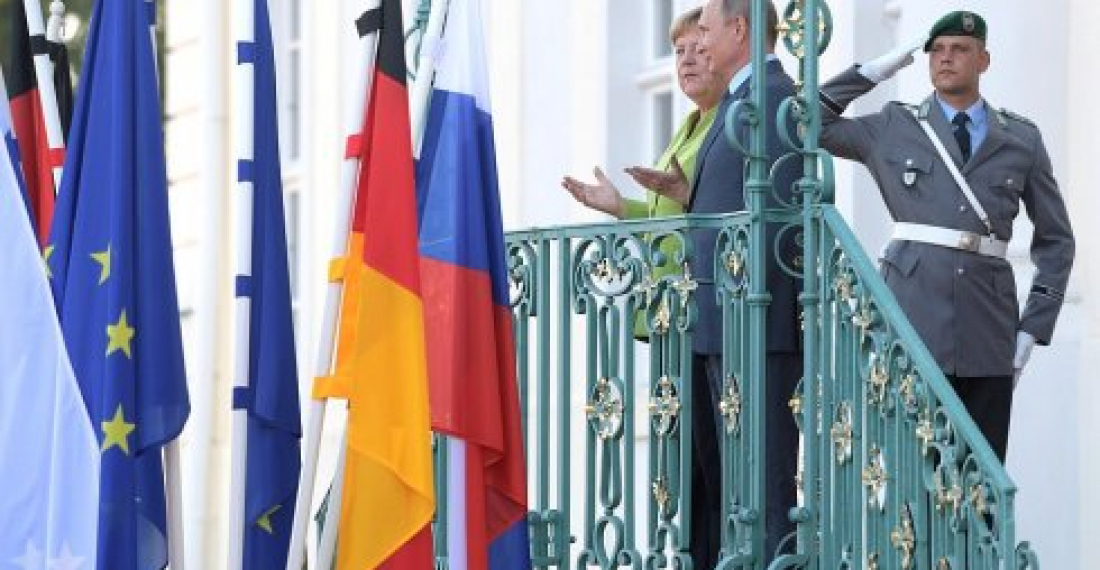German Chancellor Angela Merkel, on Saturday held talks in Germany with Russian president Vladimir Putin.
Earlier in the day Putin made a short private visit to Austria, where he attended the wedding of the Austrian Foreign Minister Karin Kneisl and Wolfgang Mailinger, and held what was described by the Kremlin as "a brief conversation" with the Austrian Chancellor, Sebastian Kurz.
Speaking before the talks, Merkel said that Germany and Russia have responsibilities, but Russia more so because it is a member of the UN Security Council. She highlighted Ukraine and Syria as foremost in those responsibilities. .
"We have been working on this [Ukraine] for quite some time, the basis is and remains the Minsk agreements. Although we must state that we do not yet have a stable truce. I hope to start a new semester and make a new attempt to ensure a truce. And today we will talk about the possibility of establishing a UN mission that could play its role in the peace process, Germany is ready to bear responsibility here. In the context of Ukraine, we will talk about gas transit. I believe that even after the launch of the Nord Stream-2, Ukraine should play its role in gas transit to Europe. I am very pleased that we managed to start the negotiation process on this subject together with the European Union.
An important topic, of course, is Syria. We, of course, should first of all avoid a humanitarian disaster around and in this country. We are seeing a decrease in hostilities, but this does not mean that there is a peace there. And that's why Germany, as a member of the contact group now also looks on how to promote the issue of possible elections. And we, of course, support the work of the UN special envoy, Mr. de Mistura."
Chancellor Merkel said discussions will also cover human rights and the bilateral agenda and she hailed the contacts between civil society on both sides.
On his part President Putin highlighted the important economic relations between Germany and Russia.
source: commonspace.eu with agencies
photo:German Chancellor Angela Merkel welcomes Russian President Vladimir Putin at the Meseberg Residence on Saturday, 18 August 2018. (Picture courtesy of the press service of the president of Russia)






